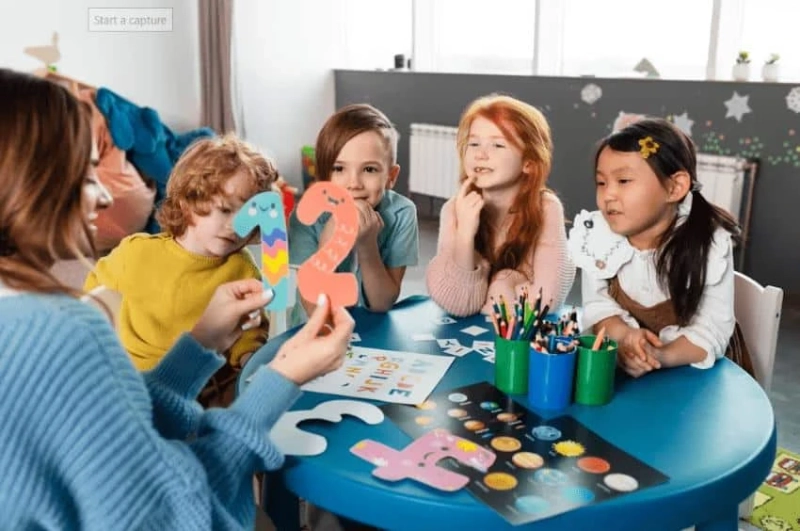Choose the best child care setting for the well-being and development of your child. Let’s look at the developmental advantages of licensed child care and highlight their contribution to your child\'s growth and future success. By understanding the benefits, you can choose options capable of providing your child with a nurturing environment that fosters their overall growth and development.
Social and Emotional Growth: Building Strong Foundations
Through group play, collaboration, and communication, children learn how to build relationships, manage emotions, and develop empathy. The supportive and structured environment of licensed child care nurtures their social and emotional growth, laying the foundation for healthy relationships and emotional well-being later in life.
Cognitive Development: Stimulate Learning Experiences
Trained caregivers and educators implement age-appropriate activities, such as storytelling, problem-solving exercises, and creative play, to engage children\'s minds. Licensed child care environments foster curiosity, exploration, and a love for learning, setting the stage for future academic success.
Language Skills: Foster Effective Communication
Caregivers create an environment rich in language through conversations, storytelling, and exposure to vocabulary-rich materials. Children have the opportunity to practice verbal and non-verbal communication skills, express their thoughts, and develop a strong foundation for effective communication. These skills are vital for academic achievement, interpersonal relationships, and future career success.
Physical Development: Encourage Active Play
Children engage in gross motor activities like running, jumping, and climbing, which promote coordination, balance, and strength. Fine motor activities refine their hand-eye coordination and dexterity. A well-rounded physical development fosters overall health and lays the groundwork for an active and healthy lifestyle in the future.
Routine and Structure: Promote Independence
Following a daily schedule instills a sense of security and predictability, allowing children to learn about boundaries, responsibilities, and self-discipline. The structured setting of licensed child care fosters independence, organizational skills, and the ability to manage transitions effectively.
Qualified Caregivers: Expert Guidance and Support
Licensed child care facilities employ trained and qualified caregivers. They have the knowledge and skills to address children\'s individual needs, stimulate their growth, and create a safe and nurturing environment. The presence of qualified caregivers ensures your child receives the attention, care, and educational experiences necessary for their optimal development.
Prepare for School: Smooth Transition to Formal Education
The structured learning environment, exposure to routines, and engaging educational activities help children develop the skills necessary for school success. Licensed child care promotes early literacy, numeracy, and problem-solving skills, giving children a head-start in their academic journey and easing their transition to kindergarten or elementary school.
Cultural and Diversity Awareness: Embrace Differences
Children have the opportunity to interact with peers from various backgrounds, fostering an understanding and appreciation of different cultures, traditions, and perspectives. By experiencing diversity from an early age, children learn to value inclusivity.
Parental Support and Involvement: Build a Strong Partnership
The best facilities recognize the importance of parental involvement in a child\'s development. They encourage open communication, regular updates, and collaborative partnerships with parents. The centers provide opportunities for parent-teacher meetings, workshops, and family events, strengthening the bond between parents, caregivers, and the child for holistic support and consistent guidance.



